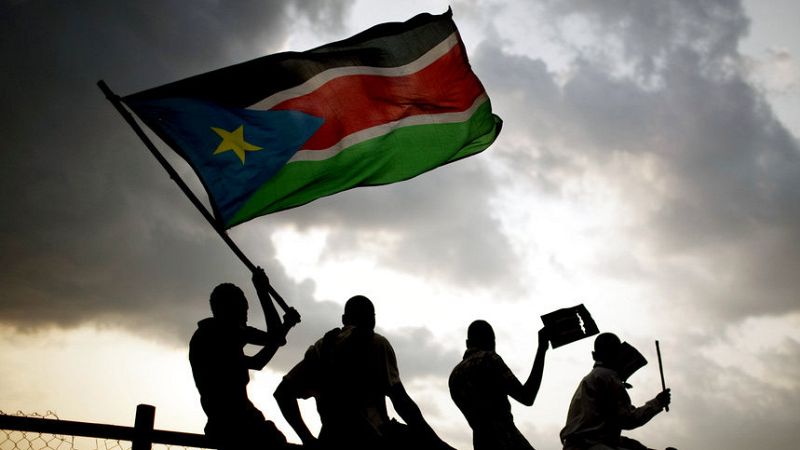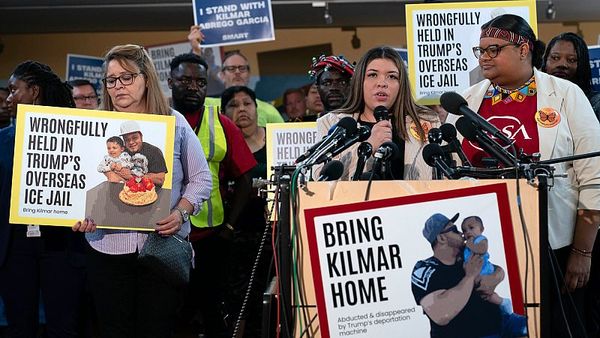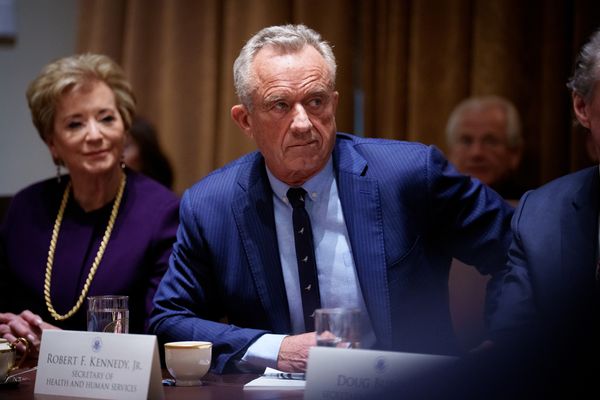
The US is revoking all visas held by South Sudanese passport holders after the Trump administration criticised the African nation for failing to accept the return of its repatriated citizens "in a timely manner".
In a statement, US Secretary of State Marco Rubio said that the US will also block the arrival of any citizens of South Sudan — the world's youngest country.
"Every country must accept the return of its citizens in a timely manner when another country, including the United States, seeks to remove them," Rubio said, adding that "South Sudan’s transitional government has failed to fully respect this principle".
"It is time for the transitional government of South Sudan to stop taking advantage of the United States," he said.
The decision means that South Sudanese citizens could be returned to a nation that some analysts fear is again on the brink of civil war.
South Sudanese nationals in the US had been granted "temporary protected status” (TPS) by the administration of former President Joe Biden, allowing them to remain in the country for a set period of time. The designation was set to expire on 3 May.
Washington has massively ramped up anti-immigration measures and enforcement since Trump returned to the White House on 20 January, although this move marks the first time all passport holders from a single country have been targeted.
Following Rubio's announcement, there has been no response from South Sudan's government, which has struggled since independence from Sudan in 2011 to deliver some of the basic services of a state.
Years of conflict have left the nation of about 11 million people heavily reliant on aid that has been hit hard by the Trump administration's sweeping cuts to foreign assistance.
South Sudan's political landscape is fragile and recent violence between government forces and armed opposition groups has escalated tensions, with some analysts highlighting the possible return of civil war.
South Sudan’s five-year civil war — in which 400,000 people were killed — started in 2013 and ended in a 2018 peace agreement that brought President Salva Kiir and his longtime rival First Vice President Riek Machar together in a unity government.
The 2018 power-sharing agreement between Kiir and Machar stopped the conflict but has not been fully implemented.
Last month, the country's main opposition party said the deal had collapsed after Machar was arrested on charges of trying to incite rebellion.
In late March, UN Secretary-General António Guterres urged regional and international leaders to prevent South Sudan from falling "over the abyss" into another civil war.
Following the recent clashes, some Western countries have closed their embassies in the country while others, including the US, have reduced embassy staff.







